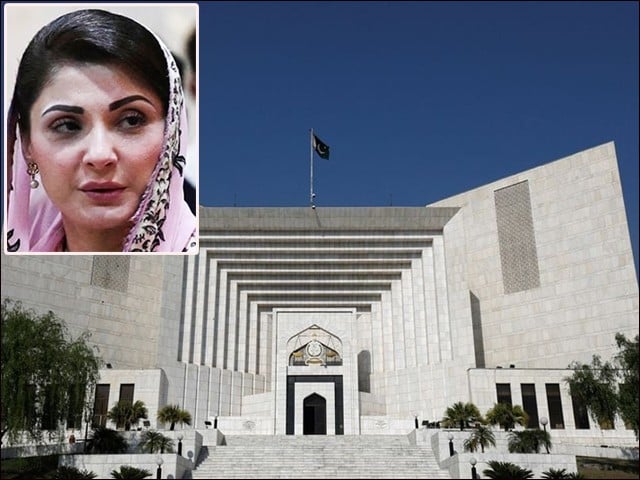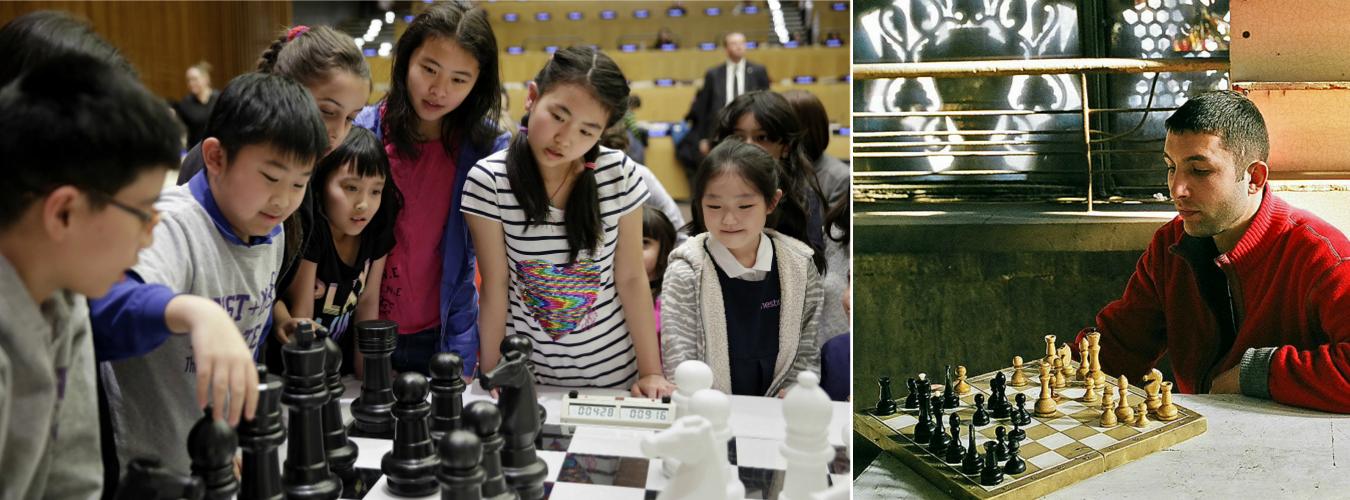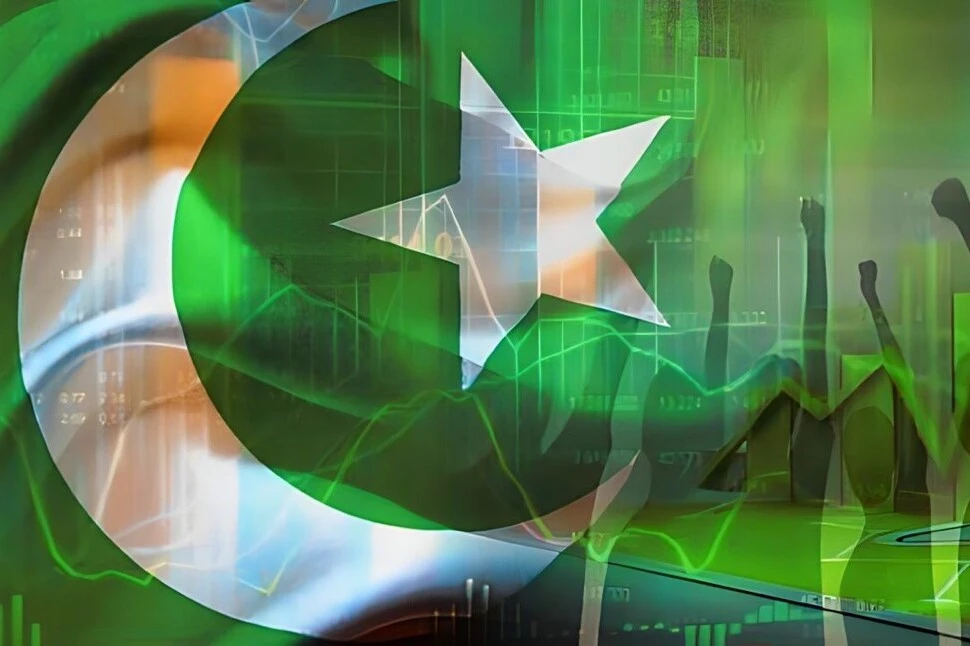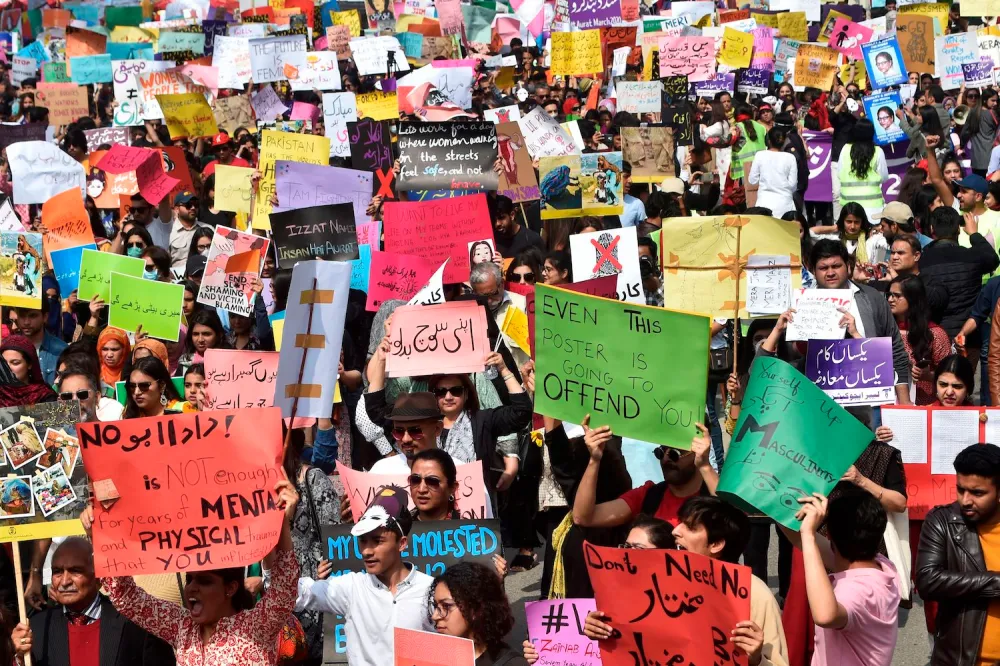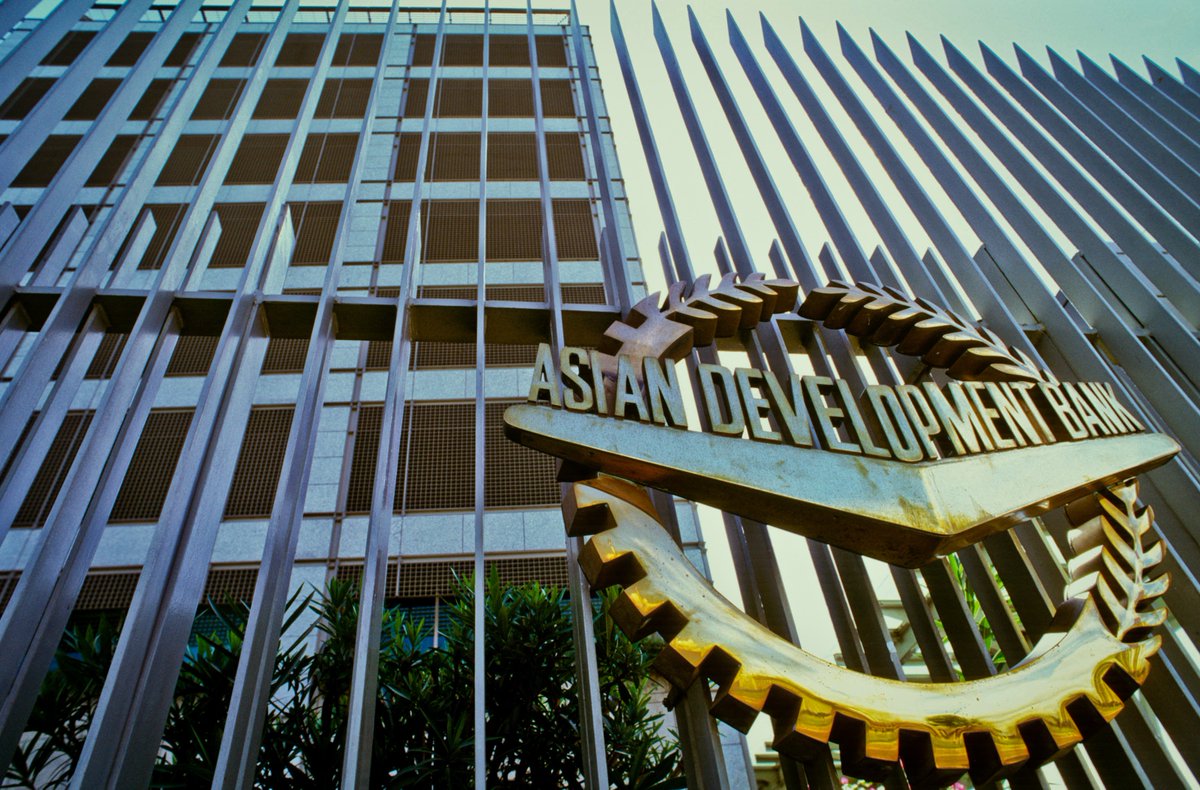Shabana Safdar Khan
Britannica says general will is “a collectively held will that aims at the common good or common interest.” It is a concept in political philosophy that Jean-Jacques Rousseau, an 18th-century French philosopher, popularized. Rousseau argued that the general will is the basis of legitimate laws and political authority and that citizens should obey the general will to express their freedom and sovereignty.
The general will is important for the political, social, cultural, and administrative development of a country because it reflects the common values, goals, and interests of the people. It can also help to promote democracy, justice, equality, and human rights. However, the general will is not easy to define, identify, and implement. There are many challenges and controversies involved, such as how to reconcile the general will with the individual will, how to ensure the participation and representation of all groups, how to prevent the manipulation and domination of the general will by elites or minorities, and how to adapt the general will to changing circumstances and needs.
Pakistan is a country that faces many political, social, cultural, and administrative challenges, such as corruption, poverty, terrorism, sectarianism, ethnic conflicts, regional disparities, and constitutional crises. To overcome these challenges, Pakistan needs to foster a sense of national unity and identity based on the general will of the people. However, this is not an easy task, given the diversity and complexity of the Pakistani society and the history of military and civilian interventions in the political system.
Some possible ways to implement the general will of the people in Pakistan are:
- Strengthening the democratic institutions and processes, such as the parliament, the judiciary, the election commission, the media, and the civil society. These institutions can help to ensure the accountability, transparency, and responsiveness of the government, as well as the participation, representation, and empowerment of the people.
- Promoting the rule of law and the respect for human rights, especially the rights of minorities, women, and children. These rights are essential for the dignity, security, and welfare of the people, as well as for the social harmony and cohesion of the country.
- Developing a national vision and strategy, based on the consensus and consultation of all stakeholders, including the federal, provincial, and local governments, the political parties, the religious groups, the ethnic communities, the civil society organizations, and the general public. This vision and strategy should address the key issues and challenges facing the country, such as economic development, social justice, education, health, environment, security, and foreign relations.
- Fostering a culture of dialogue, tolerance, and pluralism that respects and celebrates the diversity and richness of Pakistani society while also emphasizing the common values and interests of the nation. This culture can help to reduce conflicts and violence and enhance cooperation and solidarity among the different groups and regions of the country.
Accordingly, the people’s general will must represent the state and society. Therefore, free and fair elections are crucial. Pakistan can not grow until the people of Pakistan get their fundamental right to elect their governments.
Please, subscribe to the YouTube channel of republicpolicy.com








































